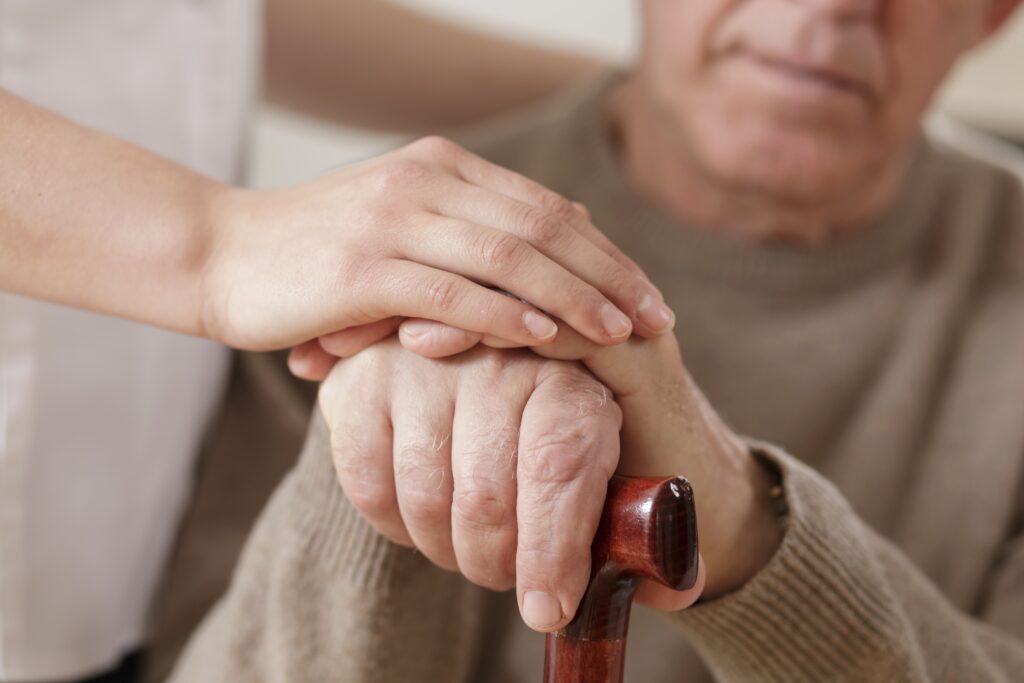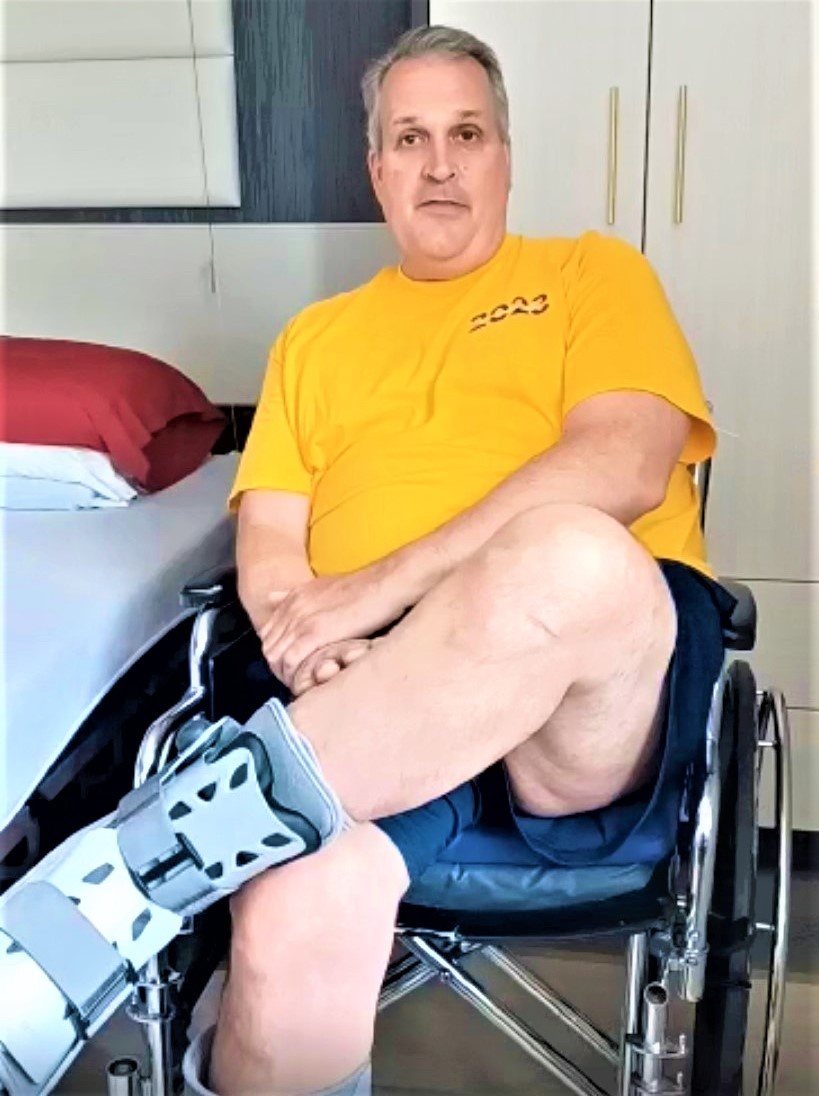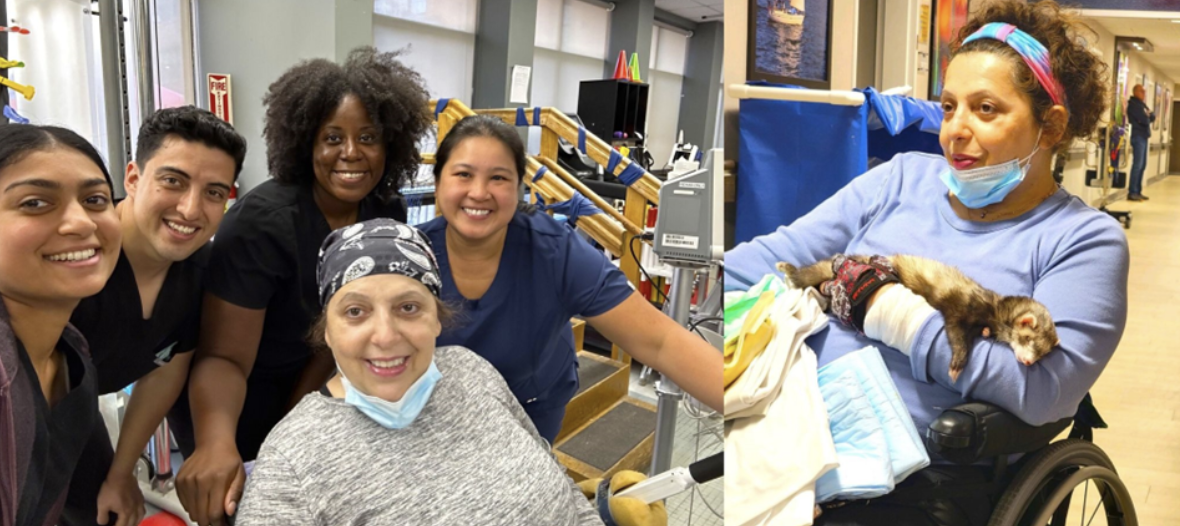Posted on July 8, 2019
Luxor Nursing and Rehabilitation at Mills Pond Presents 5 Things to Know About Parkinson’s Disease
There are over 900,000 Americans living with Parkinson’s Disease, and that number is expected to grow by 25 percent at the end of the next decade. According to the Parkinson’s Foundation, more people in the United States have the disease than multiple sclerosis, muscular dystrophy, and ALS combined.
There is currently no cure for Parkinson’s, but there are many treatment options to manage symptoms. Luxor Nursing and Rehabilitation at Mills Pond would like to share five facts about Parkinson’s with you.
- Parkinson’s is classified as a Brain Disorder
Some nerve cells in the brain are tasked with producing a hormone called dopamine, which helps coordinate movement. Parkinson’s occurs when those cells either die or don’t function properly.
- Age is a Primary Risk Factor
People generally develop Parkinson’s after the age of 60, but about 10 percent of all cases are diagnosed in people under the age of 50. Men are also about 50 percent more likely to get Parkinson’s than women.
- Symptoms Come on Gradually
Symptoms can start on one side of the body, and include trembling in limbs and extremities, stiffness in arms and legs, and poor balance and coordination. It’s important to report these symptoms to your doctor once they are noticeable, as early detection and treatment can help stave off more serious symptoms.
- Parkinson’s Cannot Be Diagnosed from a Blood Test
A neurological exam and medical history are usually the only things doctors can go on to make a diagnosis, so as we mentioned above, reporting symptoms to your physician is key.
- New and Emerging Treatments are Helping
While there is no cure, innovative treatments are helping people manage the disease and live longer. Common medication increases the level of dopamine in the brain. Surgery can also help, along with a procedure called deep brain stimulation (DBS). This procedure implants electrodes in the brain to stimulate the parts of the brain that control movement.



